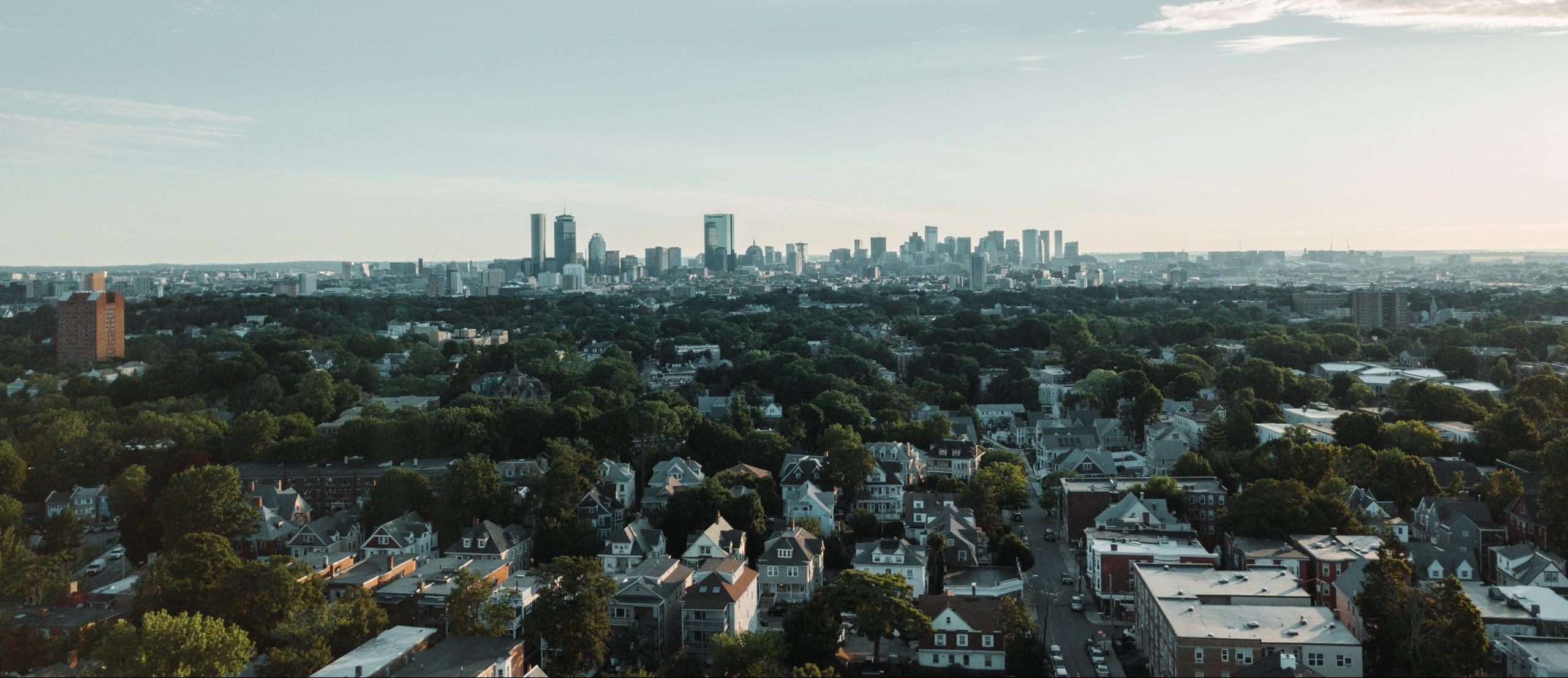Gratitude and Zeptoseconds

A letter to the GMS community from Dr. Deborah Stearns-Kurosawa, GMS Associate Provost and Associate Dean ad interim
Dated: 10/27/2020
In the spring of 1859, Dickens begins A Tale of Two Cities with “It was the best of times, it was the worst of times, it was the age of wisdom, it was the age of foolishness, it was the epoch of belief, it was the epoch of incredulity, it was the season of light, it was the season of darkness…”
These lasting words resonate in major conflicts familiar to all of us in recent years in the realms of politics, constitutional rights, systemic racism, socioeconomic and healthcare disparities, cavalier dismissal of personal respect, factual science, and reputable journalism. The dichotomies are deep, personal, and complex. Then along came the virus and anxiety suddenly had a whole new meaning.
As an educational community, we will persevere because all of you are stepping up to do what is necessary. It’s not fun, it’s not convenient, it’s distracting and annoying. Yet you are doing it, and I am so very proud of our BU students who are wrestling with these distractions every day. Getting to campus (is the T safe?), working in laboratory (in shifts), classroom Zoom fatigue (a screen again), missing family and friends, worrying for your elders and children. Every time you work through these, you and the whole community succeeds in moving one more step and one more day forward, and I am grateful.
Which leads me to gratitude for zeptoseconds. For the uninitiated, a zeptosecond is a unit of time in seconds measured as a decimal point followed by 20 zeroes and a 1 (10-21 sec). Turns out it takes 247 zeptoseconds for light to travel across one hydrogen (H2) molecule, according to research by German physicists published this month in Science. It is a study of the push-eject interaction between a photon and the electron it smacks out of its orbital. No, I don’t understand the physics (I studied toxins, not photons), but it speaks to me of the quintessential characteristic of scientists to explore and seek answers. Really, who would ask this kind of question? Scientists do and for that, I am grateful. Who knows, someday this might be the insight needed to cure our planet. Certainly we’ll have accurate clocks.
Be safe, be well, wear masks and be yourself.
Dr. S-K